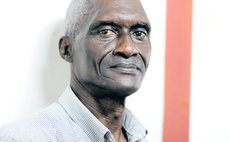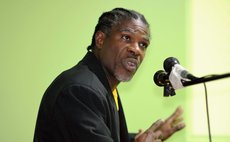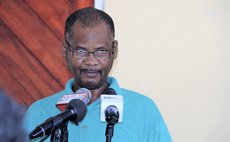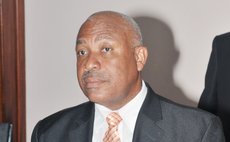Cuba and The UN Sustainable Development Goals: What Now?
By Rebecca Theodore
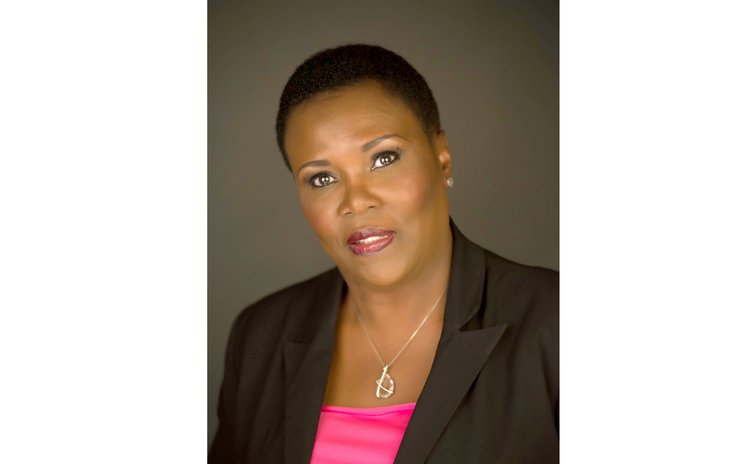
There is a concern both within Cuba and in the international community, that the United Nations Sustainable development goals could be unfavourable to the Cuban people and to eradicating poverty and human rights in Cuba. While the US embargo continues to subvert civil and political rights in Cuba by fueling a climate in which essential rights such as freedom of association, expression and assembly are characteristically denied, the mission of the UN sustainable development goals bequeathed in democracy, good governance and the rule of law quicken into serious play.
Granting that the United Nations Sustainable Development Goals are a soft law agreement, and governments are not legally required to deliver on the obligations; the fact that many developed countries have already presented their national reports and have already achieved many sustainable development goals 10 months in to the adoption of the 2030 agenda, present a cause of grave concern.
It is therefore critical to find out how the UN sustainable development goals will further strengthen or weaken the way of life of a people where a revolution didn't make the case for the importance of equality and human rights.
Despite television network's Telesur reasoning that "infant and child mortality rates are lower in Cuba than those in the US, that Cuba's literacy campaign is educating millions around the globe and that Cuba has signed the UN international bill of rights for women with women holding nearly half of Cuban national assembly seats in Cuba, the important issue of human rights, poverty and inequality are still being overlooked.
truth, the US restoration of diplomatic relations between Cuba and the United States and the opening of embassies and policy changes are a prime progress for Cuba. On the other hand, the UN sustainable development goals still lack in its effort to make a civilized world with democracy and social justice, dignity and respect for the human rights of every person in Cuba.
Moreover, if international research & policy coordinator at ActionAid Kate Carroll is to be quoted in the same vein, "developed countries have a lot more to do (to achieve) the Sustainable Development Goals. They've not only got a lot more to do in terms of ensuring that inequalities within their own countries are addressed but also the global ones."
And at this juncture is reaffirmed the massive and systematic violation of human rights and inequality taking place in Cuba.
Beside the disgraceful scourge of Guantanamo Bay prison that lament the sin and atrocity of human rights in Cuba, and a US embargo that have deprived Cubans of an estimated US$117 billion, and one in which Cuban Foreign Minister Bruno Rodriguez labels as an act of genocide; the ever present practice of the remittances deserve mention. Since the US branded its open relations in Cuba by raising the amount of money that US residents can send back to their families in Cuba from $800 to $2000, reports indicate that the remittances are producing a new kind of marginalization and racial inequality in Cuba. Statistics also confirm that whites are 2.5 times more likely than blacks to receive remittances.
Thus far, the remittances highlight the connection between social and economic inequality in Cuba and the seizure of the economic system by the elites, thereby undermining the rights of all Cubans to participate in the economic process.
As well, it is this form of inequality that comes in sharp contrast to the UN sustainable development goals of an imagined world in which every country benefits from the product of sustained and wide-ranging economic growth, social development, and the abolition of poverty and hunger.
It is certain that if the UN sustainable development goals are to augment its brand of democracy and human rights to bring transformational changes in Cuba, then there must be immediate laws and reforms. Cuba must begin to legalize all political activity, release all political prisoners, commit to free and fair elections, grant freedom of the press and allow for labor unions. Peaceful demonstrations and human rights activist are still detained for exercising their rights to freedom of expression, association, assembly and movement.
The deplorable levels of poverty and social inequality persisting in Cuba proves that the implementation of the United nations Development Goals progress is deficient and unevenly circulated. For a people that have been distressed with more than 5 decades of a revolution, equality and human rights should now be at the center stage of progress and advancement.
(Rebecca Theodore is a syndicated op-ed columnist based in Washington DC. She writes on the platform of national security, politics and human rights. Follow her on twitter @rebethd)

